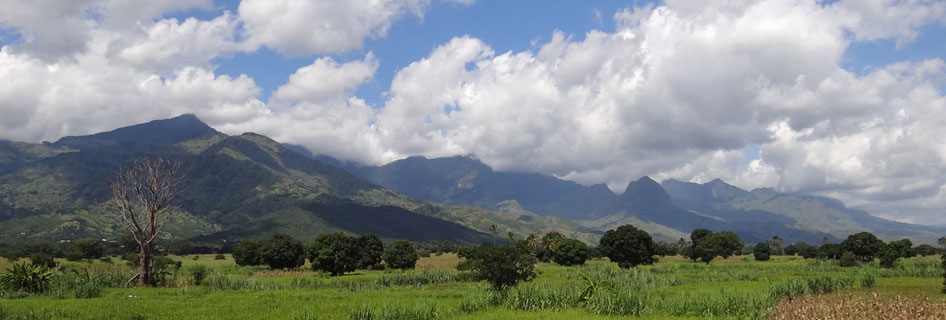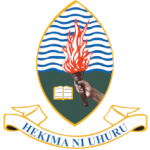
©Wikipedia
Latest updates
- A synthesis report will be published in 2022 to outline options for balancing food production, livelihoods, and resource conservation
- 2021 – Researchers from IRA modeled land use and land cover change under three policy scenarios for each zone. Preliminary results were reviewed by UNEP and the project steering committee in order to inform policy recommendations.
- 2020 - Researchers from IRA conducted field visits in order to produce a data gap analysis and identified four water catchment areas to be proposed for further evaluation. The evaluation was split into highland, midland, and lowland areas that correspond with differences in agricultural crops and land use practices.
- 2019 – The Institute for Resource Assessment (IRA) at the University of Dar es Salaam worked with UNEP, the Vice President’s Office, and a committee of government representatives to scope the research project around comparison of plausible policy scenarios.
Scope of work
UNEP supports the Institute for Resource Assessment of the University of Dar es Salaam (IRA) to examine land use change in the Southern Highlands (specifically the expansion of woodlot plantations and orchards near Njombe) and its connection to ecosystem services changes, such as water quality and quantity, food production and livelihoods, as well as impacts to wildlife, biodiversity, and carbon storage. Study results are intended to inform cross-sector policies for agricultural development and natural resources conservation in the Southern Highlands. Business as usual projections (15 and 30 years) will be compared to a scenario of agricultural development versus a scenario of conservation.
Publications and resources
Media
(forthcoming)
Status: Ongoing
This project is funded by the International Climate Initiative (IKI) of the German Federal Environment Ministry.
Host Ministries:
Research institution:

Institute for Resource Assessment of the University of Dar es Salaam



